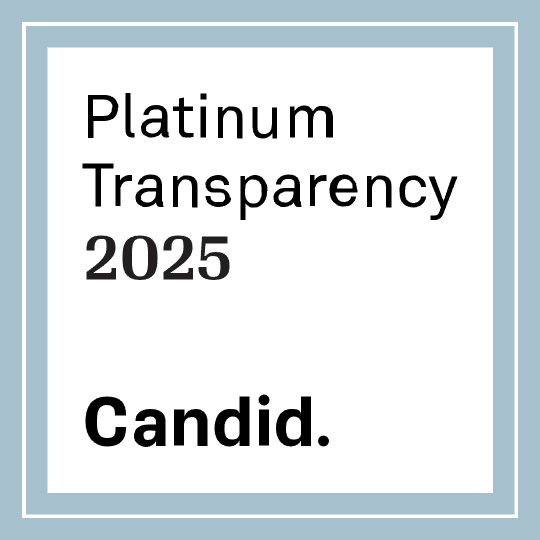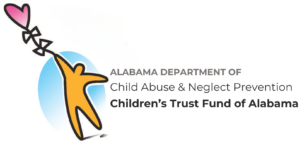 In a recent warning issued by DEA Assistant Special Agent in Charge Clay Morris and Northern District U.S. Attorney Jay Town, the officials warned that a trend in emergency room visits suggests a new spike in synthetic drug use. In the spring of 2015 alone, nearly a thousand people who ingested synthetic drugs visited an emergency room. Almost 200 were hospitalized. Tragically, 5 died from their symptoms.1
In a recent warning issued by DEA Assistant Special Agent in Charge Clay Morris and Northern District U.S. Attorney Jay Town, the officials warned that a trend in emergency room visits suggests a new spike in synthetic drug use. In the spring of 2015 alone, nearly a thousand people who ingested synthetic drugs visited an emergency room. Almost 200 were hospitalized. Tragically, 5 died from their symptoms.1
What are Synthetic Drugs?
Synthetic drugs, also known as “designer drugs,” are substances created to mimic the effects of existing drugs using different chemical compositions.
Definitions for synthetic drugs usually include details like “these substances are created by chemists or are produced in labs.” This detail only creates a false sense of safety. True, these substances are created with some understanding of chemistry, but dismiss any mental images of men and women in white coats working in sterile environments. These substances are not a natural or a safe alternative to anything. The only safe alternative to drugs is sobriety.
What types are there?
Synthetic substances have a seemingly innumerous number of chemical combinations, but they are broadly divided into two groups: cannabinoids and stimulants.2
Cannabinoids are chemicals that mirror the effects of the psychoactive ingredient in marijuana, THC. Common cannabinoids are substances like K2 and Spice. Spice is especially popular among younger users as 60% of users taken to the emergency room for Spice use are between ages 12 and 20.3
Stimulants are substances that mirror the chemicals found in opioids, LSD, and cocaine. Common substances nicknamed “bath salts” and “plant food” contain synthetic stimulants and are usually more popular with people in their 20s.3 Because these drugs mirror the effects of cocaine or amphetamines, the risk for addiction and withdrawal symptoms is high.
How are people getting these substances?
It is easier than you might think.
Synthetic drugs are hard to regulate. Laws on controlled substances are easier to follow because policy makers generally understand the specific chemical that is being outlawed. Many states like Alabama ban the distribution of THC. Synthetic drugs are a different problem.
Synthetic drugs can be made from a large amount of chemical compositions, with new formulas being made all the time. Synthetic drugs are the product of experimentation, usually made in labs in foreign countries like China. With such a vast number of compositions, it can be difficult to 1) write policy that is specific enough to outlaw every new synthetic drugs and 2) produce the lab tests required to prove a substance is a synthetic drug.4
So synthetic drugs are difficult to regulate and difficult to test. Unfortunately, this makes synthetic drugs easier to distribute. As this VICE article points out, synthetic drugs can be sold wrapped in harmless-looking packaging. Gas stations and convenient stores may stock them on their shelves without really understanding what they are selling.
Synthetic drugs are often labeled as “Not for human consumption” or “Potpourri” to avoid detection. Seeing these labels on products that look like candy or snacks is almost a sure way to spot a synthetic substance.
Not only that, synthetic drugs are often made in foreign countries where regulations may not be as strict. Because policy-making is a slow process and law enforcement cannot reasonably test every new packaged item that enters the US, synthetic drugs make their way into local markets, remaining unnoticed until the side effects cause an emergency. Remember the Connecticut Park Incident?
This Sounds Hopeless. It Isn’t.
Synthetic drugs seem like an existential problem for communities. Luckily, there are still steps parents and community leaders can take to combat the spread of synthetic drugs.
 In every blog post, we advocate for talking to your children. This is still true. Knowledge is Power in sobriety. Helping your children understand the risks and learn the names of substances to avoid will always be a part of parenting. Synthetic drugs as a whole are bad, but even knowing about Spice, K2, and Bath Salts is a good start.
In every blog post, we advocate for talking to your children. This is still true. Knowledge is Power in sobriety. Helping your children understand the risks and learn the names of substances to avoid will always be a part of parenting. Synthetic drugs as a whole are bad, but even knowing about Spice, K2, and Bath Salts is a good start.
Community leaders can also work with local governments and law enforcement to check surrounding retail businesses. In 2011, Governor Bentley issued an order that temporarily outlawed certain chemicals used to make synthetic drugs.5 Following this, law enforcement went into local businesses to stop the sale of synthetic marijuana. Steps like these will need to be approached with nuance, but they can help tip the scale.
Next time you step in a gas station or convenience store, take a looks at some of the products near the front. If you see any suspicious products, the DEA offers an online reporting option you can do on your phone.
Synthetic drugs are a genuine threat, but with some cooperation and organization, we can keep our families safe.
- New Spike in Synthetic Drugs (https://www.al.com/news/birmingham/2019/04/spice-related-overdoses-on-the-rise-in-alabama-again-feds-warn-about-disturbing-trend.html)
- CADCA (https://www.cadca.org/synthetic-drugs)
- Spice and Bath Salts (https://archives.drugabuse.gov/testimonies/2013/dangerous-synthetic-drugs)
- Synthetic Drugs: A Unique Challenge for Law Enforcement (https://wamu.org/story/15/07/31/they_are_literally_playing_russian_roulette_why_synthetic_drugs_are_so_dangerous/)
- Alabama Synthetic Cannabinoid Ban (https://www.wbrc.com/story/15865385/synthetic-marijuana-now-banned-in-alabama/)









